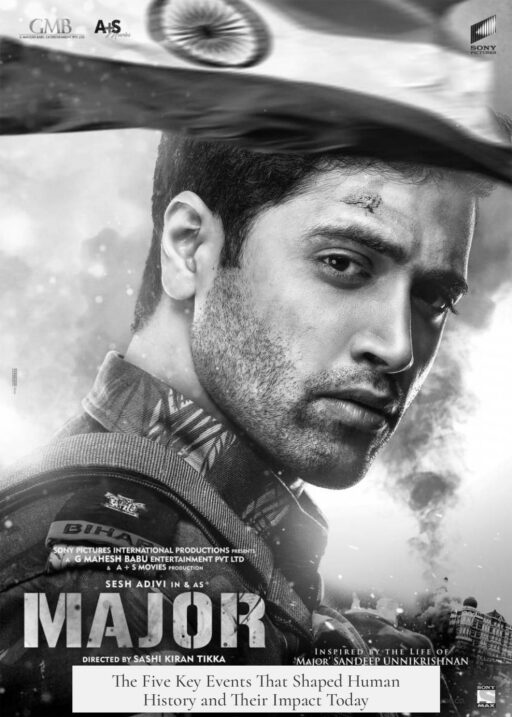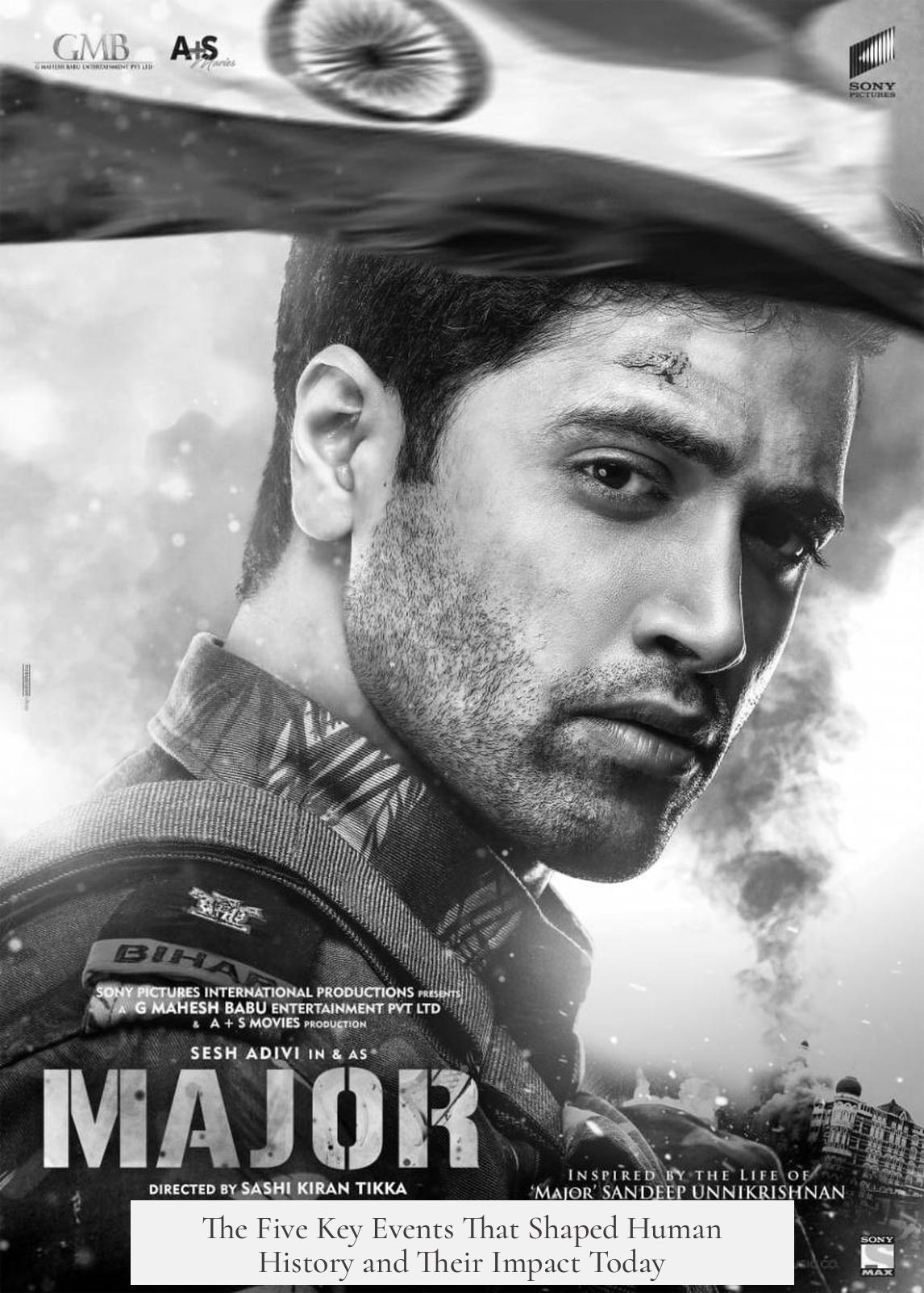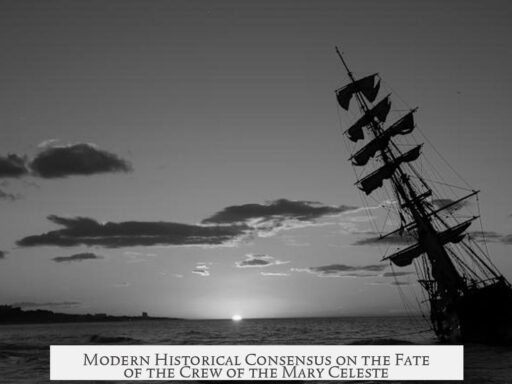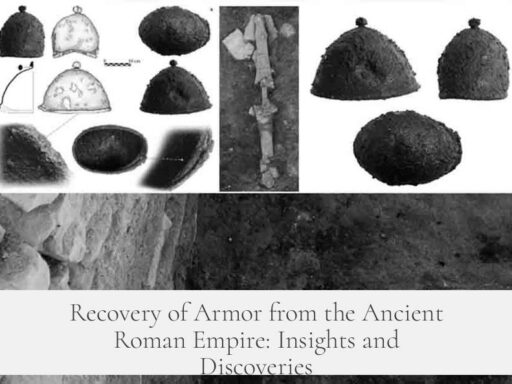The five (or ten) most important events in human history span technological, societal, biological, and ideological developments that shaped civilization. These events include the invention of agriculture, development of language, major wars, technological breakthroughs, global discoveries, cultural shifts, medical advances, and key ideological transformations.

Agriculture marks the first major transformation in human history. The shift from foraging to farming allowed the establishment of permanent settlements and population growth. One notable milestone within agriculture is the introduction of the potato to Europe during the Age of Discovery. This crop flourished in poor soil and climates, enabling a population boom that altered Europe’s demographic and economic landscape significantly.
Language and communication also rank high in importance. The development of spoken language laid the foundation for cooperation and knowledge sharing. The invention of writing further accelerated civilization by enabling record keeping, laws, and literature. Innovations like the printing press expanded communication, literacy, and the spread of ideas at an unprecedented pace.
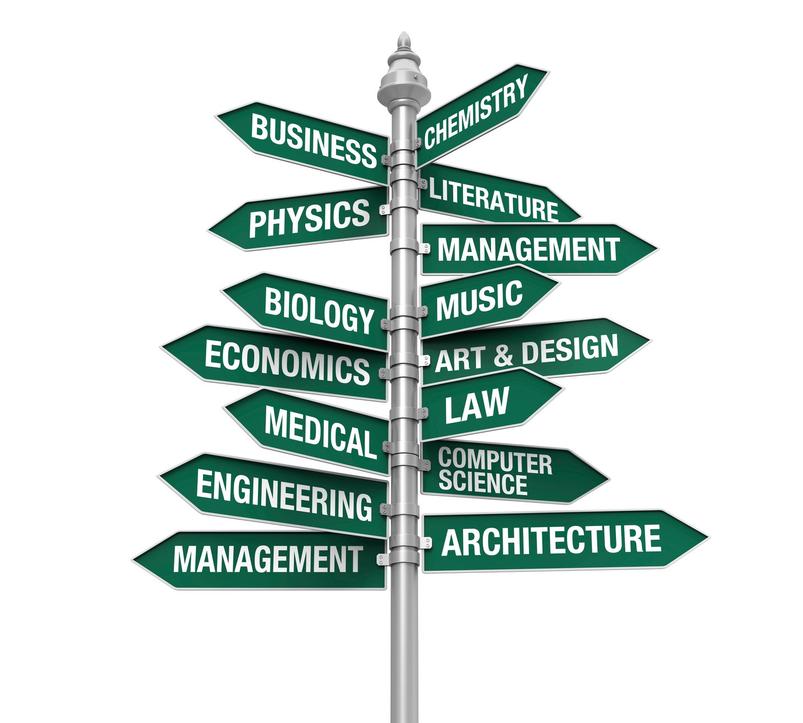
Technological advancements include pivotal inventions that revolutionized human capacity to influence nature and society. Examples include the wheel, electricity, computers, and nuclear technology. The splitting of the atom introduced both energy generation and existential risk through nuclear weapons. The impact of these technologies continues to shape global politics, economy, and everyday life.
Wars and conflicts have profoundly altered societies and world order. The World Wars dismantled empires and reshaped national boundaries. The dropping of atomic bombs in World War II highlighted humanity’s destructive potential and marked the start of the nuclear age. The Battle of Tours in 732 ended Muslim expansion into Europe, influencing religious and cultural trajectories widely.

Societal and cultural shifts such as the fall of Rome led to centuries of regression, while the Renaissance and the Reformation propelled Europe into modernity. The Age of Discovery connected continents and began a global exchange of goods, ideas, and populations shaped by colonialism. The rise of early civilizations like Mesopotamia laid early foundations for governance and urban life.
Scientific discoveries and medical advances played critical roles in extending life and improving health. The discovery of penicillin revolutionized medicine. The understanding of DNA and the advent of modern medicine have transformed diagnostics and treatments. Early human achievements, such as controlling fire and developing tools, set foundational stages for survival and progress.

Global interactions initiated by figures like Columbus reshaped demographic and ecological systems. Contact between the Old World and the Americas reintroduced populations separated for 10,000 years. This exchange resulted in catastrophic impacts for some indigenous peoples but accelerated the diffusion of ideas, plants, animals, and technologies worldwide.
Religious and ideological developments deeply influenced human history by shaping cultures and institutions. The emergence of monotheism, particularly Christianity, redefined worldviews and social organization across vast populations. Such ideological shifts continue to influence governance, law, and societal values.

The Scientific Revolution fundamentally changed humanity’s understanding of the natural world. It laid the groundwork for modern science through the empirical method and skepticism. This revolution underpins contemporary technological and medical advancements, highlighting its long-lasting significance.
| Key Event | Impact | Examples/Details |
|---|---|---|
| Agriculture | Population growth, settlement, food surplus | Potato introduction to Europe, farming development |
| Language & Communication | Knowledge sharing, social cooperation | Writing systems, printing press |
| Technological Advancements | Energy, transport, warfare, communication | Wheel, electricity, computer, nuclear tech |
| Wars & Conflicts | Political order, cultural shifts, technology | World Wars, Battle of Tours, atomic bombs |
| Societal & Cultural Shifts | Political systems, cultural renaissance | Fall of Rome, Renaissance, Age of Discovery |
| Discoveries & Medical Advances | Health improvements, longevity | Penicillin, DNA, fire control |
| Global Interactions | Exchange of ideas and populations | Columbus’s voyages, colonialism |
| Religious & Ideological Developments | Cultural values, social organization | Monotheism, Christianity |
| Scientific Revolution | Scientific method, technological foundation | Empiricism, physics, biology advances |
- Agriculture enables stable communities and population growth.
- Language and writing form the basis of culture and knowledge transfer.
- Technological inventions transform daily life and power structures.
- Major wars reshape political boundaries and social orders.
- Cultural and societal shifts drive civilization forward or backward.
- Medical discoveries extend lifespans and reduce diseases.
- Global interconnections expand exchange and influence worldwide.
- Religious ideas shape moral codes and institutions.
- The Scientific Revolution anchors modern understanding of nature.
The Five Most Important Events in Human History: A Journey Through Time
What are the five most important events in human history? This question invites us to reflect on milestones that shaped our world in profound ways. Many would expect a laundry list of tales from ancient wars or scientific leaps, but let’s cut to the chase and navigate through history’s turning points with clarity and a pinch of humor.
History is not just a sequence of random events—it’s a grand narrative of discovery, survival, conflict, and progress. By exploring these five events, you’ll see how our ancestors’ choices and changes ripple through time to create our modern lives.
1. The Development of Agriculture: The Original Game-Changer
Imagine a world without potatoes. Early humans survived as skilled hunters, but it’s the development of agriculture that flips the script. Agriculture’s invention is the cornerstone on which civilization stands. Without the ability to farm, we would still be roaming in small groups. The shift from foraging to farming led to settled societies and population booms.
The introduction of the potato to Europe during the Age of Discovery is a fascinating example. This crop thrived in poor soils and cold climates, feeding millions and helping the continent’s population soar. Europe’s armies in historical texts? Often exaggerated due to low population before this nutritional miracle.
Without agriculture, none of the other big historical feats would be possible. It allowed people to specialize, invent, and build societies.
2. The Rise of Language and Writing: Humanity’s First Wi-Fi
What’s more critical than talking? Human language and the invention of writing transformed how knowledge and culture spread. Tools like writing and speech allowed early societies to pass down stories, laws, and skills.
From simple grunts to complex alphabets, language made planning, community, and progress tangible. The wheel, gunpowder, and fire came after, but none of these would evolve without communication as their backbone.
3. Technological Breakthroughs: Wheels, Electricity, and Computers
Technological advances pepper our history and have accelerated our progress dramatically. The wheel — often underrated — revolutionized transport and labor. Fire gave us warmth and cooking. Fast forward, and electricity lights up our nights and powers everything from phones to fridges.
The printing press unleashed knowledge from monks’ scripts into everyday hands, while nuclear technology introduced a terrifying potential to humanity. And let’s not forget computers, the digital wizards organizing our lives today.
Technology lets us build, explore, and sometimes blow things up. It’s a double-edged sword, shaping our world for better and worse.
4. Global Interactions: Columbus and the Age of Discovery
1492 marks a moment when isolated continents collided. Columbus’s voyage reopened connections between the Old and New Worlds, ending 10,000 years of separation. This cross-pollination of ideas, plants, animals, and unfortunately diseases, reshaped global societies.
This era, known as the Age of Discovery, triggered colonialism and global trade networks. The consequences were complex—zones of cultural exchange blooming next to darker chapters of exploitation.
Nevertheless, these global interactions sped up cultural and technological development worldwide. The world we know today is a patchwork quilt of these intertwined histories.
5. The World Wars: The End of Old Empires and New Perspectives
The twin cataclysms of WWI and WWII changed more than battle lines. The world’s perception of war, violence, and political empires shattered.
The wars accelerated technology, introduced devastating weapons like atomic bombs (Little Boy and Fat Man), and reshaped global power structures. The fall of empires followed, paving the way for modern nation-states and the eventual end of the Cold War.
These conflicts steered humanity toward a new understanding of cooperation and conflict, making us rethink how we govern and coexist.
A Bonus Mention: The Scientific Revolution
If someone says, “But what about the Scientific Revolution?”, they’re right to ask. This era laid the foundation of modern science, reshaping our understanding of nature and ourselves. It fed directly into all technological and medical breakthroughs that modern society enjoys.
From heliocentrism to physics, it challenged old dogmas and established the scientific method as the surest path to truth.
Why These Events Matter to Us Today
Choosing just five events feels like trying to pick your favorite star in the sky. But these milestones—agriculture, language, technological advances, global contact, and world wars—are key pivots shaping human destiny.
Each event made possibilities bigger and challenges different. They show that human progress is messy, interconnected, and often unpredictable.
Next time you enjoy a potato, send an email, or walk in a diverse city, remember these moments. They are why and how we live the way we do.
What’s Your Take?
Which event do you think deserves a spot on the list? Do you prioritize cultural shifts or scientific discovery? History is a living story, and every perspective adds richness to it.
Join the conversation and think about which moments shaped your daily life the most. Because history isn’t just past—it’s the lens through which we see our present and future.
